Photographs: Reuters Andy Mukherjee
Many large Indian businesses are still shedding assets to pay down debt. A buoyant stock market has given them the opportunity to raise equity to mend their balance sheets.
The slack in the global economy will test the new prime minister's resolve. Narendra Modi's government has pledged to fix the country's broken investment cycle.
But world growth is too weak for an ambitious revival, and a recovery funded with still-cheap money could be short-lived.
It will be far better to act as a patient reformer.
Domestic demand is the mainstay of the Indian economy.
Yet the growth of capital formation in the country is linked tightly to world output.
The last big investment cycle offers a good example. Adjusted for inflation, the average growth of annual investment in factories, stores and other fixed capital reached 23 per cent in the year ended March 2008, from just six per cent in 2001.
Strong world gross domestic product (GDP) growth, which picked up from 1.6 per cent in 2001 to four per cent in 2006 and 2007, abetted the upswing.
The Indian economy enjoyed some of its best years.
...
Why Modi govt should stick to its agenda
Image: The Modi government will have to take steps to revive investment cycle.Photographs: Reuters
The reversal has been brutal - both for India and the world.
The pace of expansion in global output has stalled to a five-year average of two per cent.
Over the same period, investment in the Indian economy has slumped.
The International Monetary Fund expects a US-led recovery to start this year.
It's doubtful, though, that it will be strong enough to reverse the crisis-induced decline in American output, which is still 13 per cent below its long-term trend.
Besides, with China slowing, and the euro zone grappling with deleveraging and disinflation, the present global growth forecasts may be too rosy.
Yet a shallow global recovery is not necessarily a bad thing for Mr Modi. Reforms in India tend to gather momentum only when the economy and the government have their backs against the wall.
This time may be no different.
The stock market has zoomed 20 per cent so far this year, but the real economy is still in the doldrums, with GDP growth below five per cent in each of the past two years and inflation above eight per cent since February 2012.
Why Modi govt should stick to its agenda
Image: The country's 26 state-run lenders are not in good shape.Photographs: Reuters
To keep the markets cheerful, next month's government Budget will undoubtedly make all the right noises.
Investors, though, will soon demand to see tangible progress.
Specifically, they will focus on how Mr Modi does away with wasteful subsidies and stops the rot in the government's finances.
They will also want a credible strategy for the introduction of a long-delayed federal consumption tax, as well as a plan to end the country's chronic power shortages by easing the state's stifling control of coal mining.
The bank-dominated financial system will need both reforms and repair. The country's 26 state-run lenders are in terrible shape.
A recent Breaking views analysis estimates that they need $45 billion in fresh capital, an amount the country's strapped exchequer can ill afford.
Cleaning up the banks' bad loan-infested balance sheets is sorely needed to revive lending. Reform, on the other hand, will mean insulating the lenders from political meddling.
To create a much-needed distance between the government and the lenders' boards, a central bank-appointed committee has proposed shifting the government's majority shareholdings into a holding company like Singapore's Temasek.
Eventually some of these lenders, which control three-quarters of total banking system assets, could be merged, and others sold or wound down.
That's at least some years away.
...
Why Modi govt should stick to its agenda
Image: Villagers walk towards the Mahan forest during a protest against a coal mining project in Singrauli district in Madhya Pradesh.Photographs: Nita Bhalla/Reuters
Some recovery in investment will occur automatically.
All Mr Modi needs to do is to stick to the agenda his government recently unveiled in Parliament. A focus on port-led development will mean one or two new deep sea ports, the absence of which drags down India's export competitiveness.
The planned modernisation of the rail network - and the creation of as many as 100 new cities - will also absorb capital. Faster clearances for mining and exploration projects will play a role, too.
Why Modi shold stick to the agenda his govt unveiled
But too fast an investment recovery would also be problematic.
Indian households are dipping their toes once again in the stock markets, but their lacklustre savings rate will take time to rebuild.
The government, meanwhile, has inherited a fiscal mess. Tidying up public finances will be a long and arduous process.
A big pay raise for state workers is looming.
And even as subsidies are pruned, spending on education, healthcare and defence needs to rise. Unless Mr Modi is able to make an aggressive push for privatisation, government borrowing will remain elevated.
...
Why Modi govt should stick to its agenda
Image: Indian firms do not want to rely on foreign funding.Photographs: Reuters
 A sudden jump in the investment rate would force companies to seek foreign financing.
A sudden jump in the investment rate would force companies to seek foreign financing.
That won't be a problem as long as global interest rates are low. But when they start firming up, India won't want to be too reliant on foreign capital for growth.
A repeat of last year's mini-currency crisis would end the investment party even before it gets going.
Luckily for Mr Modi, the revival in investment is more likely to be slow and steady.
Many large Indian businesses are still shedding assets to pay down debt. A buoyant stock market has given them the opportunity to raise equity to mend their balance sheets.
They will probably wait for interest rates to fall before they start borrowing again.
But that won't happen as long as inflation remains high. Already, there is a risk that food prices might gallop this year if rainfall is inadequate because of an El Nino weather pattern.
Besides, global crude oil prices are at a nine-month high because of the conflict in Iraq, and the Indian economy runs on imported oil.
The central bank, desperate to rebuild its credibility as an inflation hawk, is unlikely to turn dovish any time soon.
...
Why Modi govt should stick to its agenda
Image: The central bank will not cut rates prematurely.Photographs: Reuters
Investors will be alarmed if the government starts putting pressure on the central bank to cut interest rates prematurely.
Such demands, which were quite commonplace under the previous administration, would be seen as a sign of reform fatigue.
Until the global economy is on a surer footing, it would be more helpful if Mr Modi and his team patiently chip away at the many hurdles that make India a hard country to invest in.
Even if they don't come thick and fast, rewards will eventually arrive.

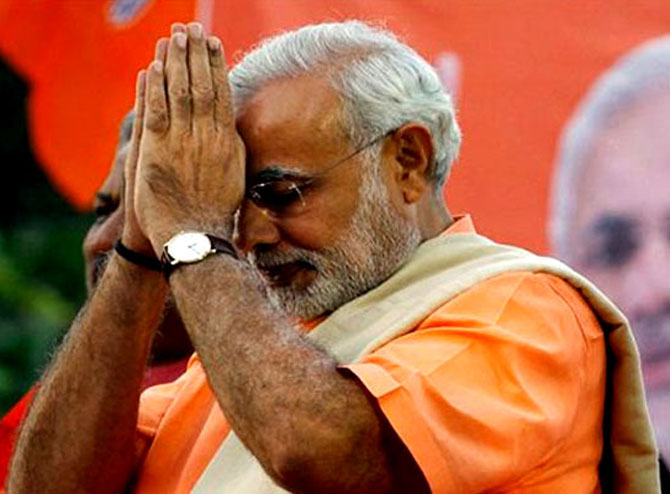
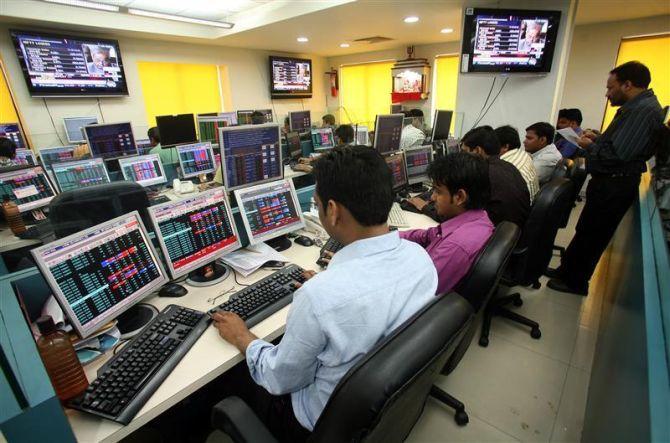
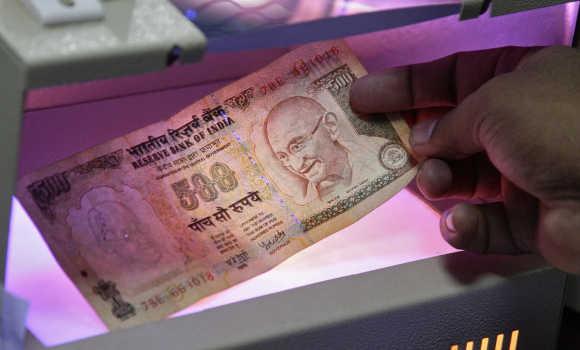

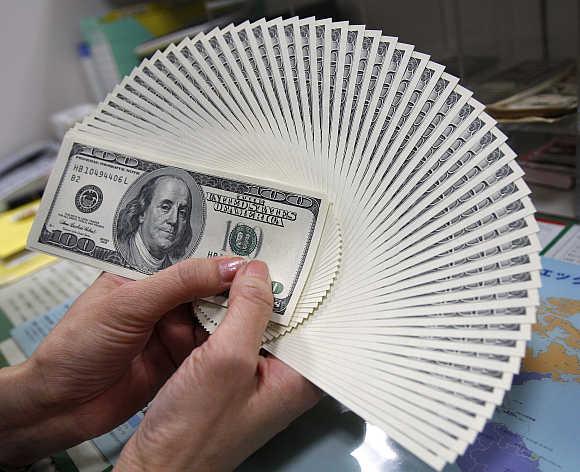
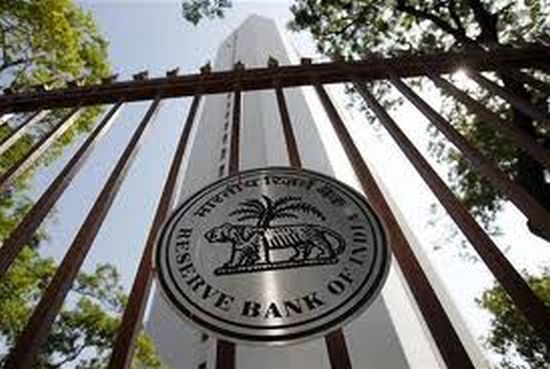

article